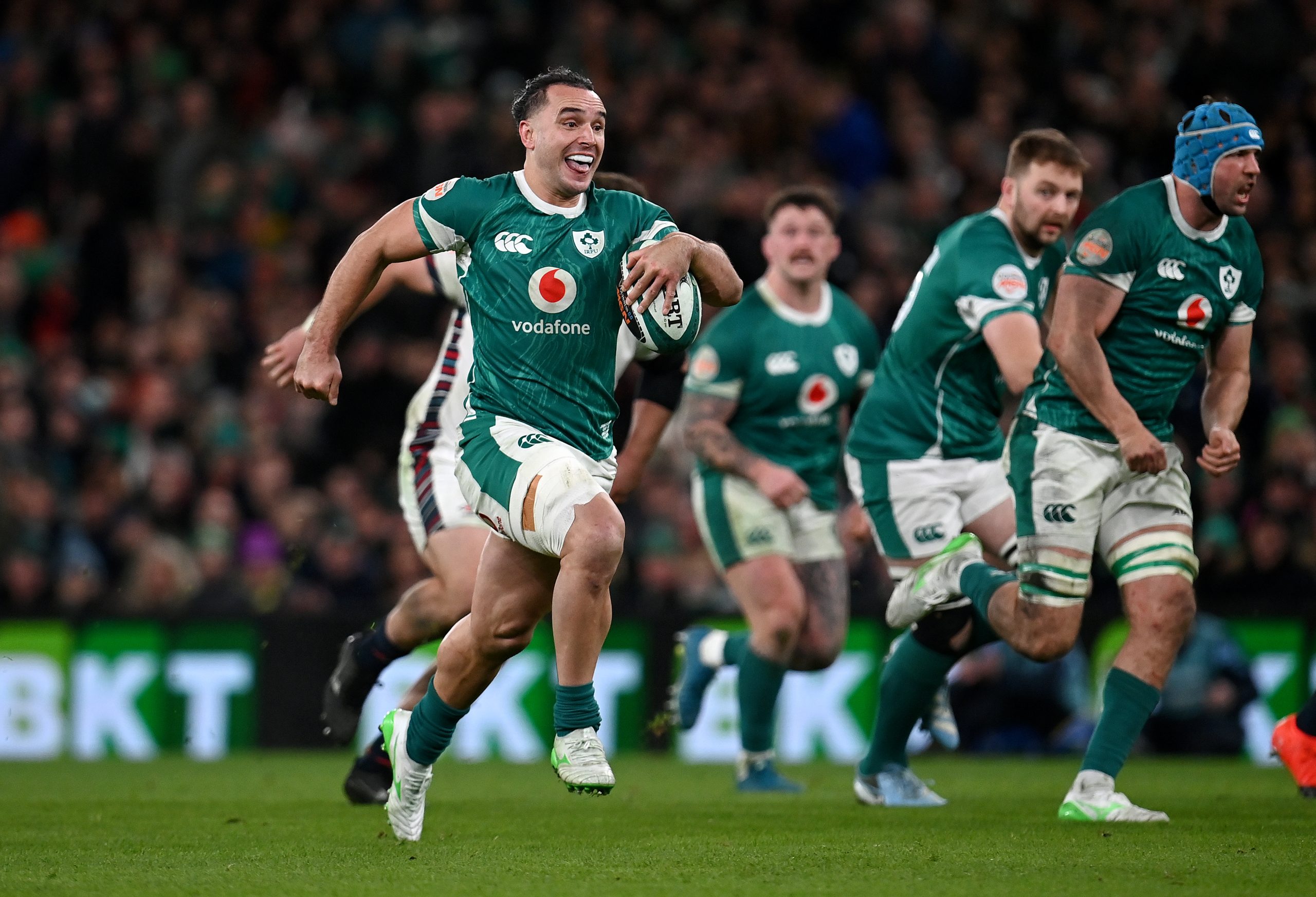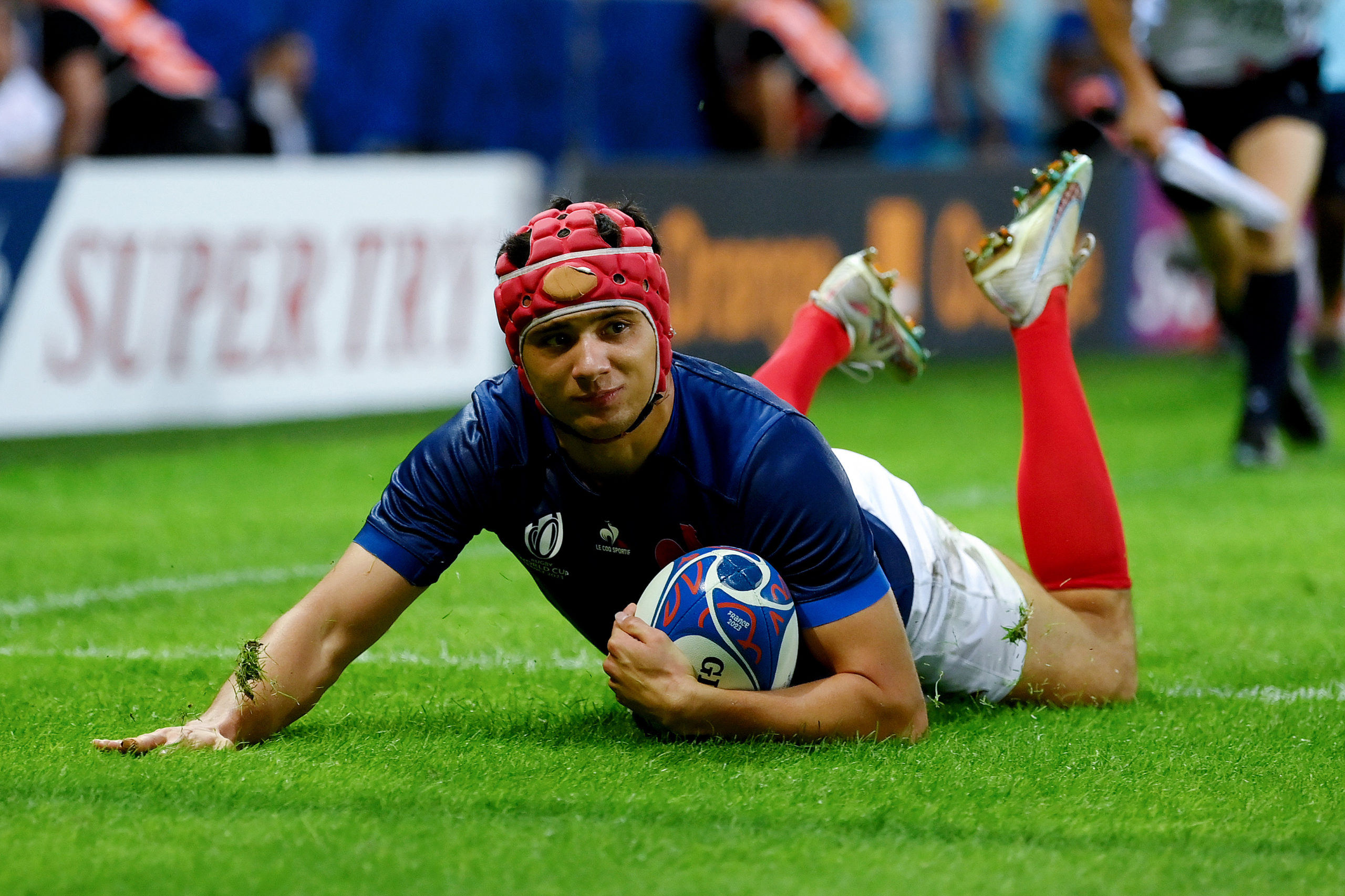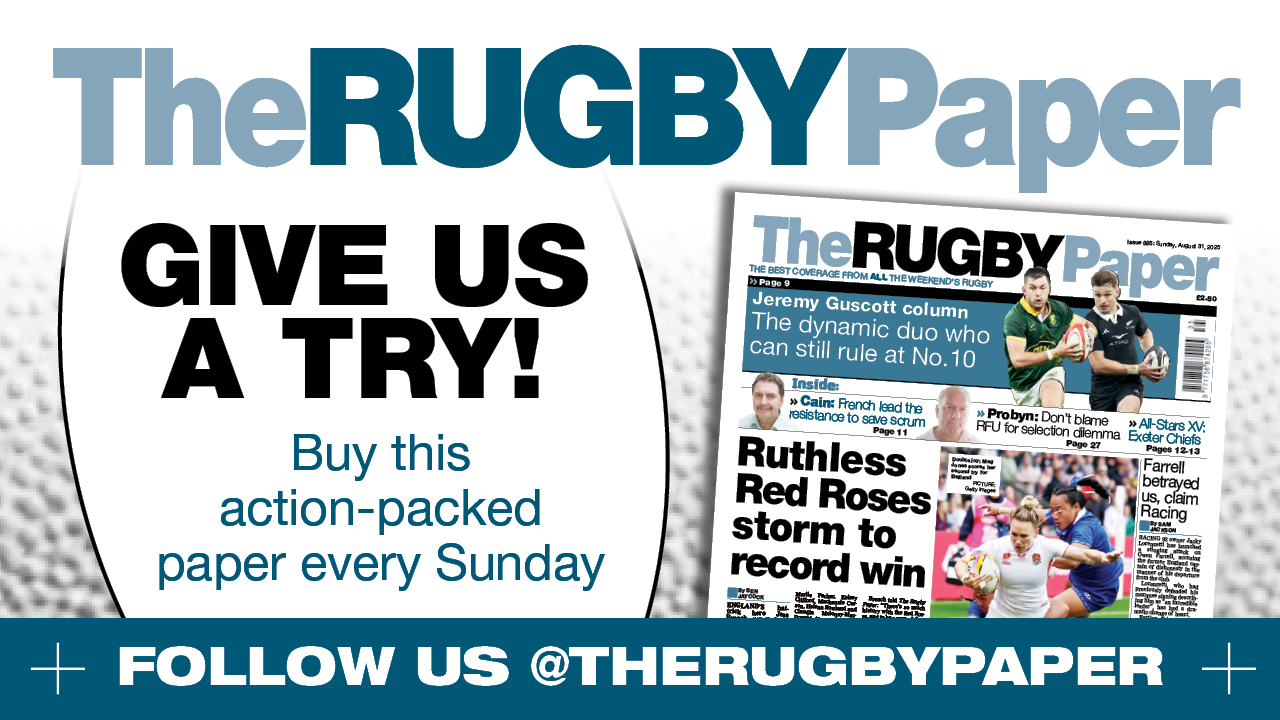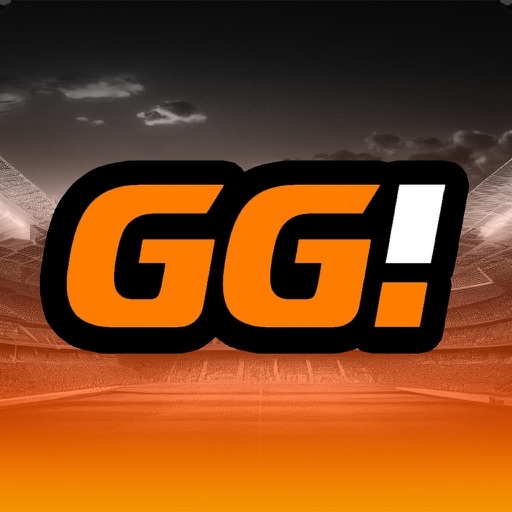My Life in Rugby
Each day was filled with song, fun and laughter
More in My Life in Rugby
-
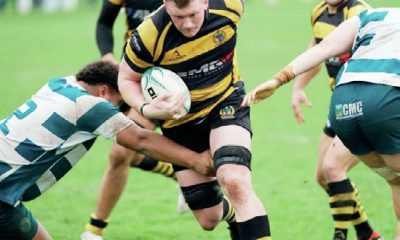

Twickenham will always be special
MY LIFEIN RUGBY FORMER LEEDS, ROTHERHAM TITANS AND NOTTINGHAM LOCK, WHO NOW PLAYS FOR...
-
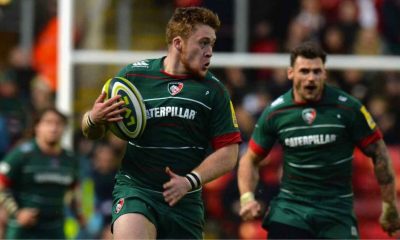

My Life in Rugby: Jake Farnworth – Training was sink or swim and I loved it
Former Leicester Tigers, Nottingham and Birmingham Moseley hooker, Jake Farnworth, reflects on his life...
-
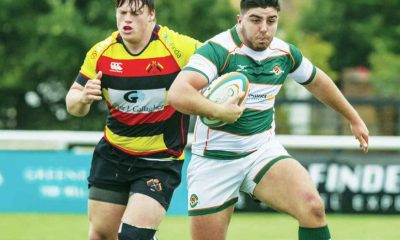

My Life in Rugby: Matt Cornish – We set the standards that others must chase
The Ealing Trailfinders and former London Irish and England Counties hooker, Matt Cornish, reflects...
-
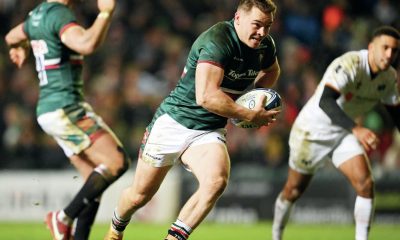

My Life in Rugby: Harry Simmons – I was told I could lose the sight in one eye
The former Leicester Tigers, Loughborough Students and Jersey Reds scrum-half/wing who now coaches at...



